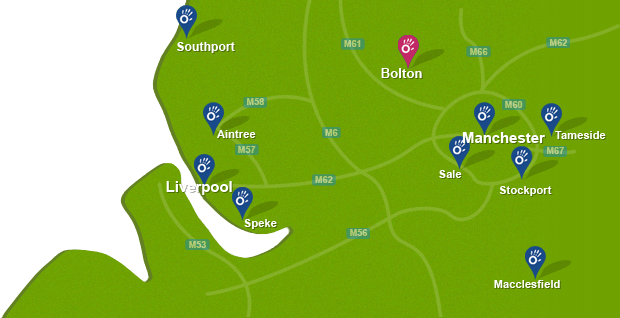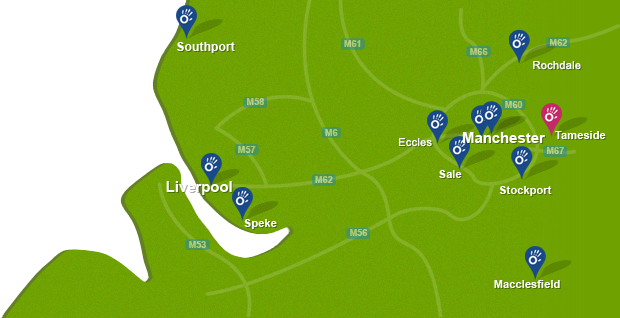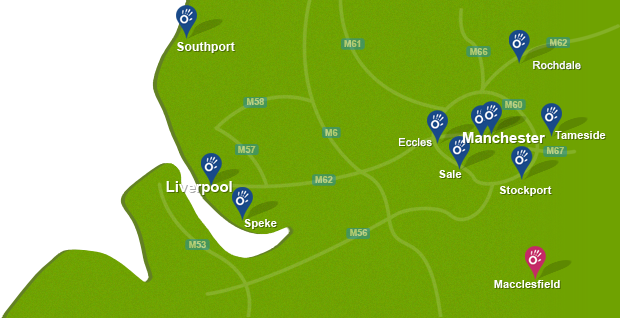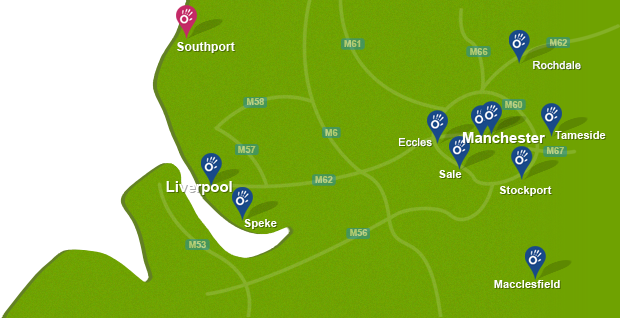 Above: Vestibular Dizziness in older patients
Above: Vestibular Dizziness in older patientsWhat is Dizziness in the Elderly
Dizziness in the elderly is a broad term used for the older generation having symptoms of imbalance and vertigo. There is a wide variety of causes behind dizzy symptoms which can include:
- Cardiovasular problem- Postural hypertension, Vertebrobasilar insufficiency, Cardiac arrhythmia or Cerebrovascular disease.
- Neurological problems- Head injury, Epilepsy, MS, Brain tumour, Hydrocephalus, Cerebellar disease.
- Vestibular problems- BPPV, Labyrinthitis, Vestibular Neuritis, Menieres, Vestibular Migraine
- Other causes- panic attacks, cervical spondylosis, medication induced, reduced vision and hearing.
 Above: Vestibular physiotherapy - passive resetting exercises
Above: Vestibular physiotherapy - passive resetting exercisesWhat are the symptoms of Dizziness in the Elderly
Dizziness is a very broad terminology which can cover the following symptoms:
|
|
How is Dizziness in the Elderly diagnosed
The signs and symptoms will be combined with a battery of tests to try and determine the underlying cause behind the dizziness. A GP or specialists will decide what investigation would be needed. The following test my may be completed:
|
|
What treatment can Manchester Physio offer for Dizziness in the Elderly
At Manchester Physio we would complete a Vestibular assessment and identify any areas of dysfunction. If following the assessment if was felt more information was required to proceed with a diagnosis or with treatment we would make a referral onto a specialist. The specialist may be a Neurologist, ENT specialist or Cardiologist.
Vestibular treatment would depend on the diagnosis but may include:
- Epley Manoeuvre
- Gaze Stability Retraining
- Balance Exercises
- Strengthening Exercises
- Gait Drills
This treatment would be chosen if BPPV was diagnosed. It involves various head and body movements to resolve the dizzy symptoms. It is a very effective treatment that usually works within one session.
Gaze Stability Retraining
Gaze stability retraining involves exercises which work the eyes to improve focus while moving the head. It strengthens the vestibular system making it work harder to not allow the brain to become confused and cause dizziness.
Balance Exercises
Balance exercises can take on many forms. Balance training involves exercises that challenge your balance whether this is standing on one leg, closing your eyes or using uneven surfaces. The more you practice balance the better it becomes making you more stable.
Strengthening Exercises
Strengthening exercises involve movements with or without resistance which aim to build up strengthen in the body. Having muscles that are stronger will mean the body is more capable to respond to imbalance.
Gait Drills
Gait drills involve various walking based exercises. This may include walking over obstacles, walking and turning your head or walking and counting backwards. Practicing these gait drills will challange the whole of the vestibular symptom meaning is can cope better when put under pressure without causing symptoms.
Benefits of Vestibular Physiotherapy for Dizziness in the Elderly
The benefits of physiotherapy for the elderly population with dizziness include:
- Improved balance
- Reduced risk of falls
- Reduced vertigo
- Increased confidence
- Increased exercise tolerance
Call 0161 883 0077 to book a Vestibular Assessment at Manchester Physio.


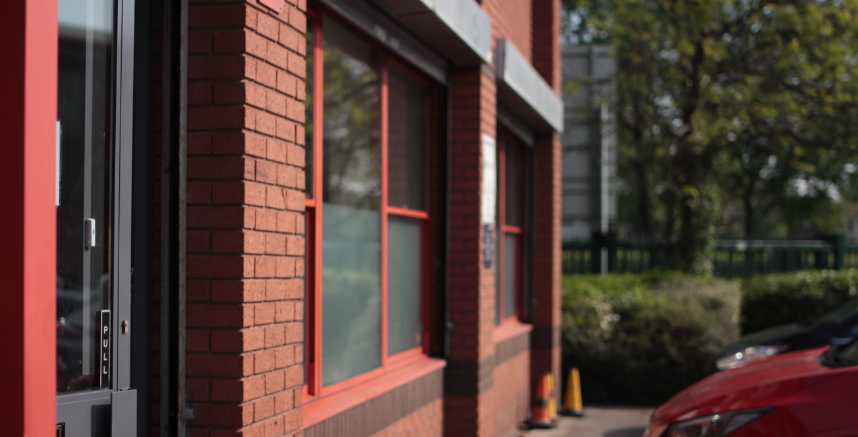
 0161 883 0077
0161 883 0077






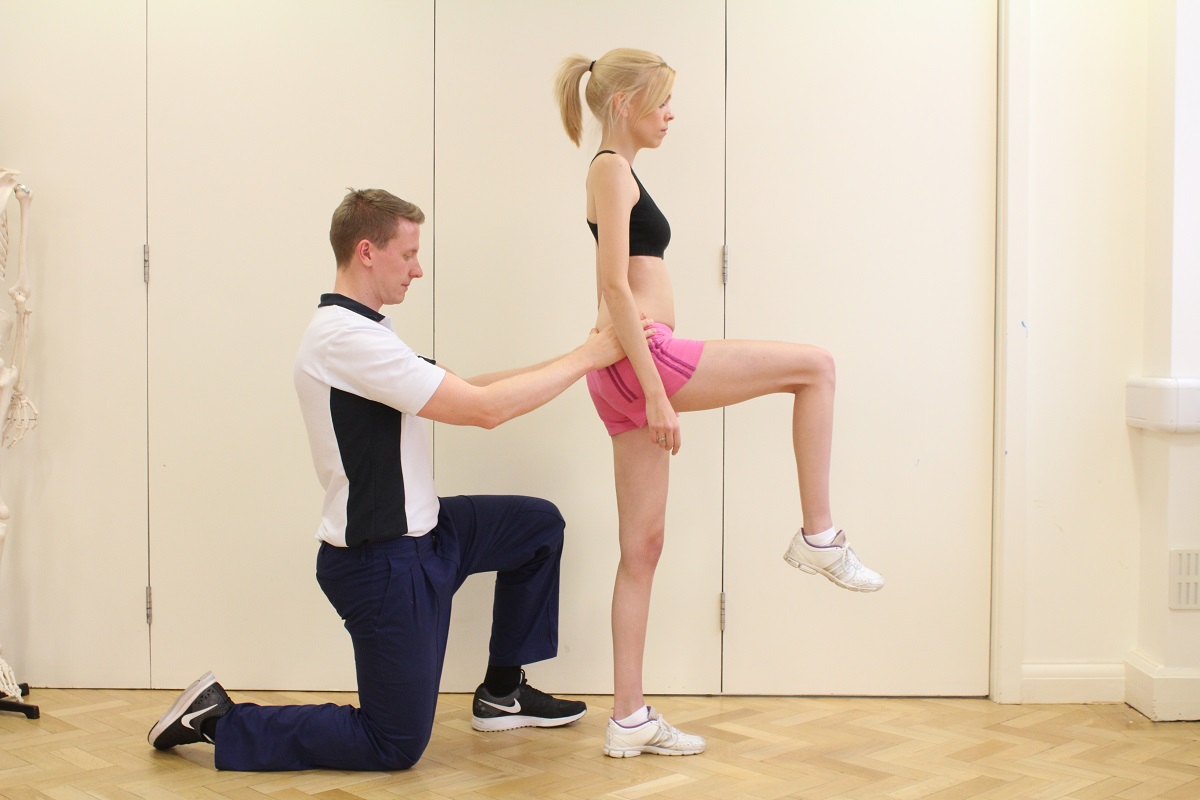
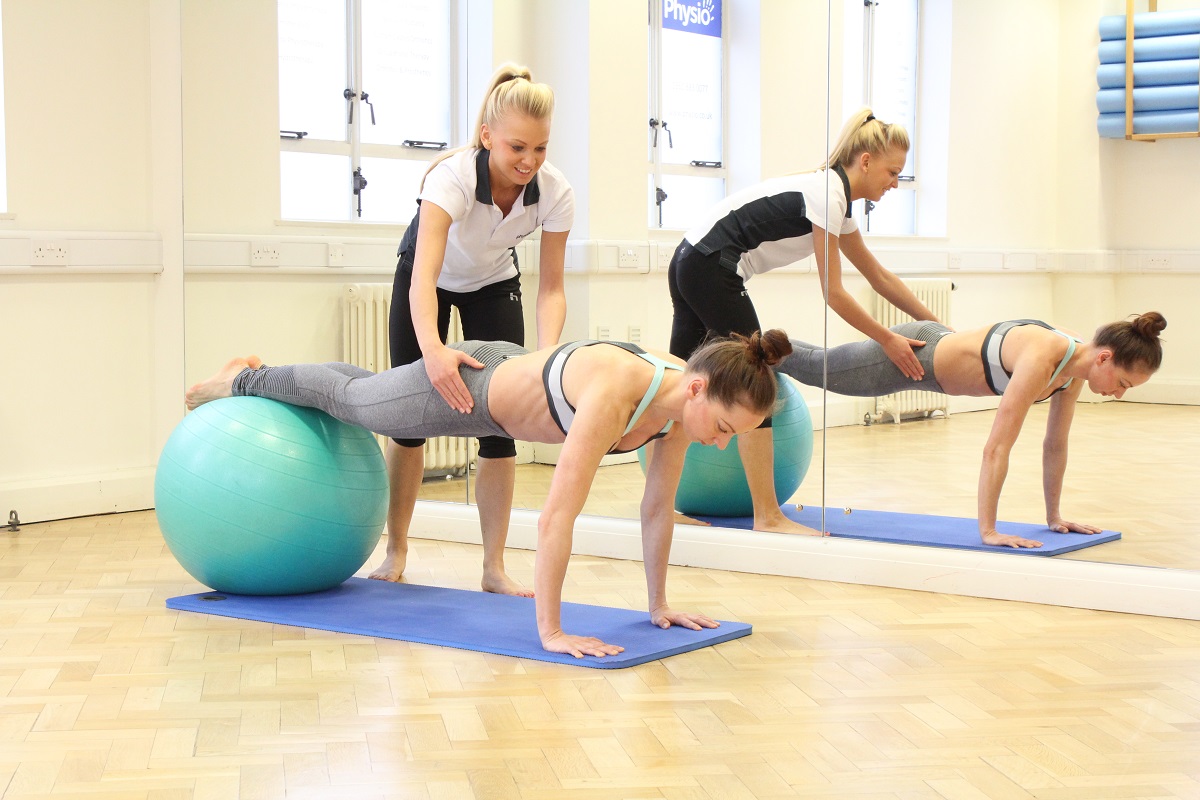
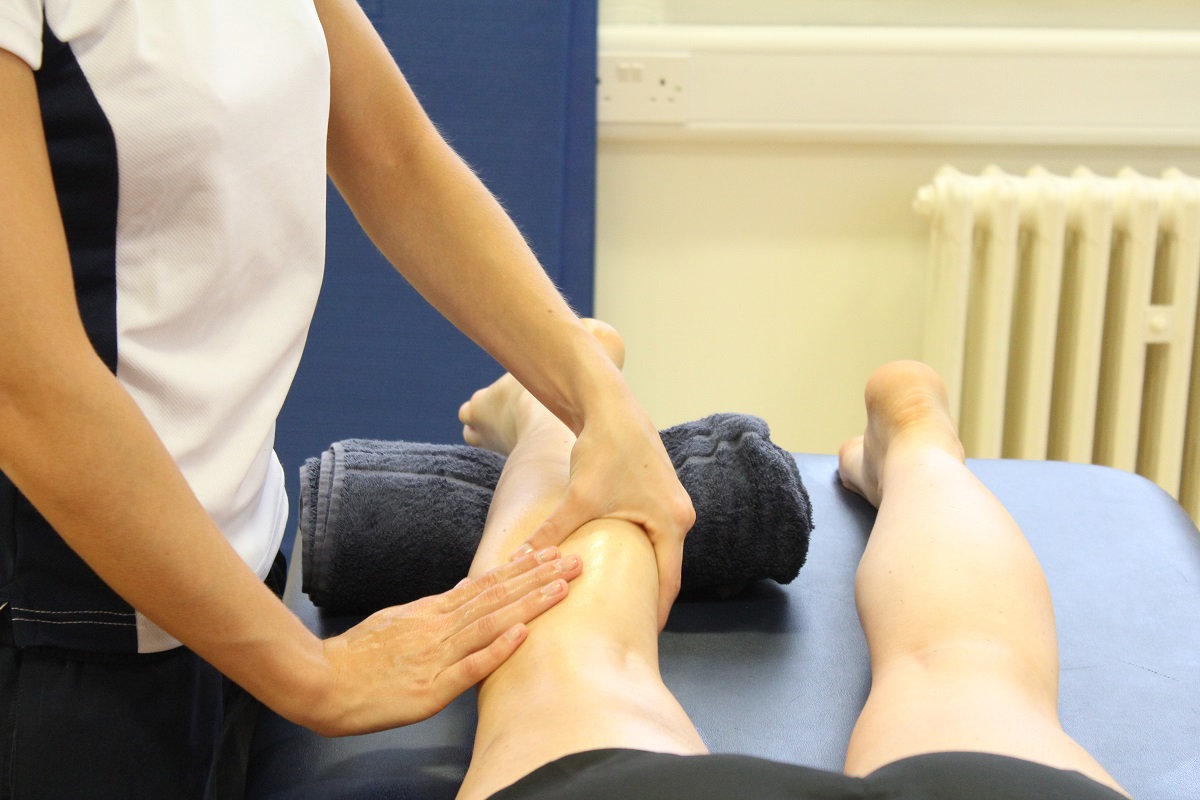
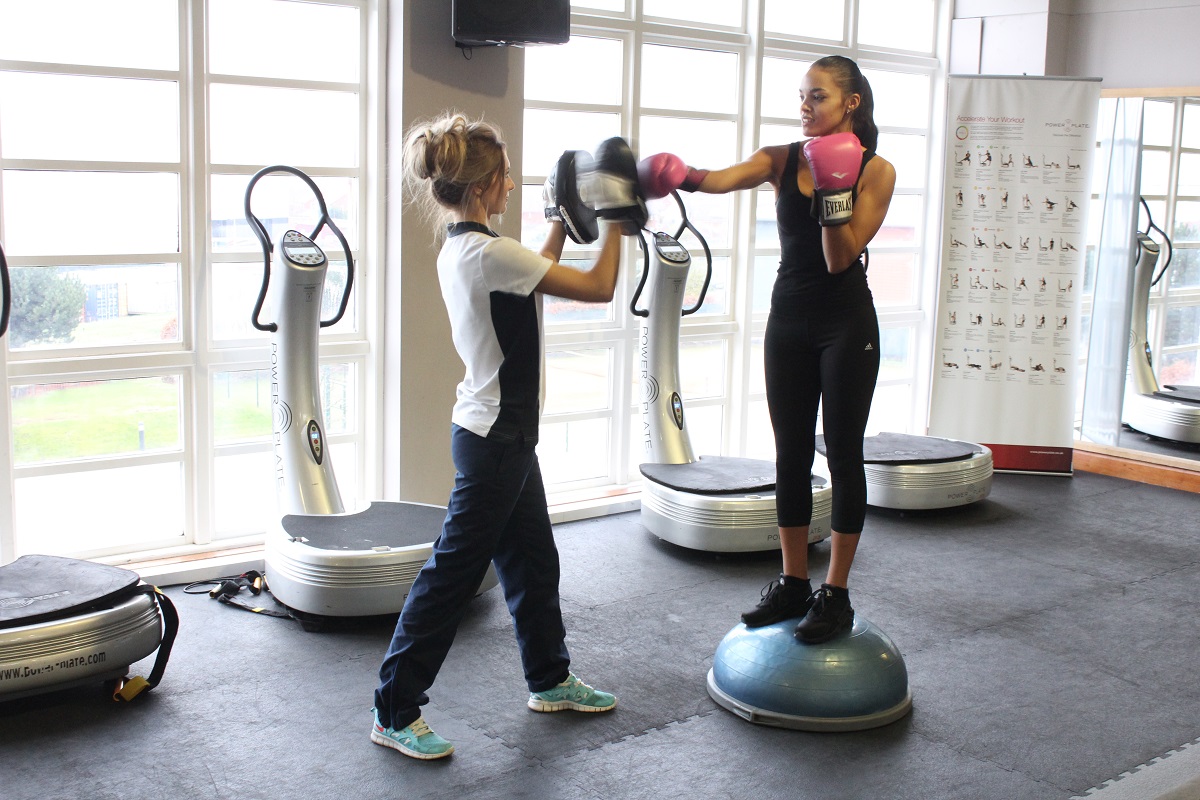


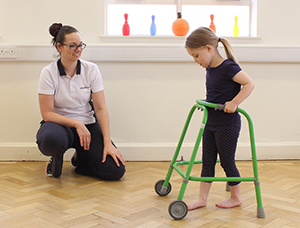
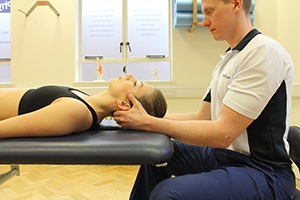






























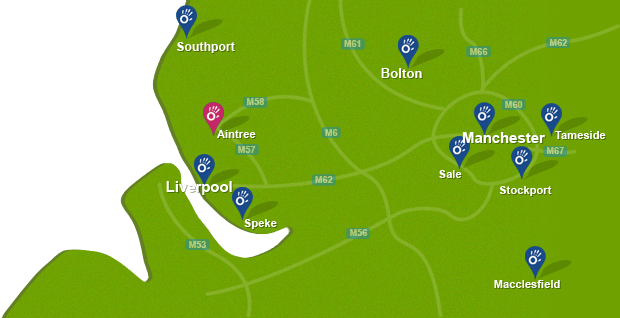

 f
f
